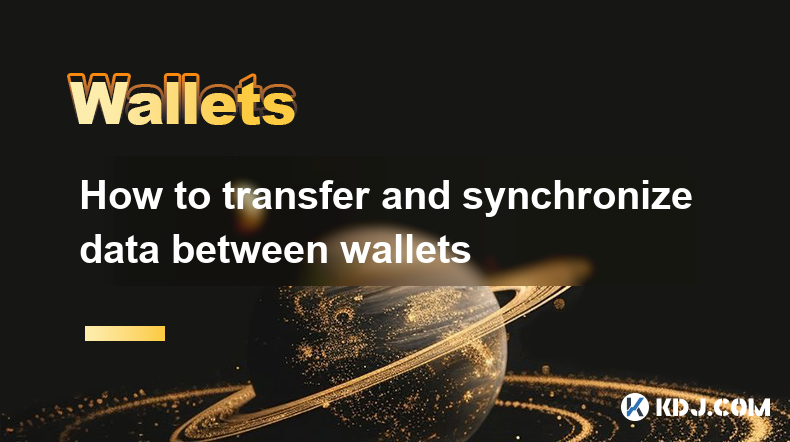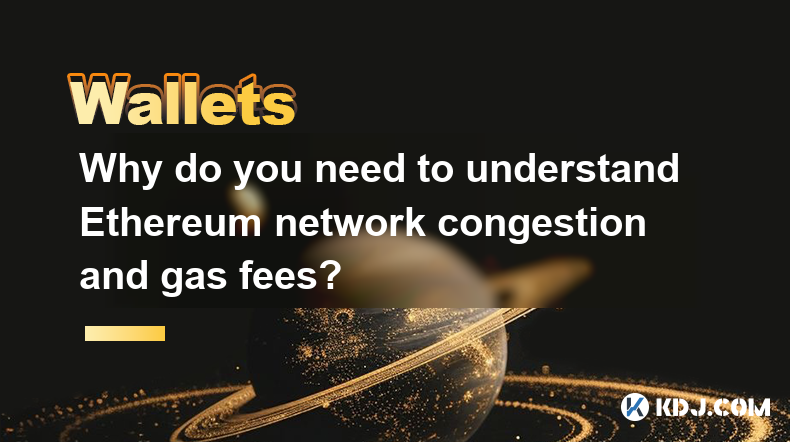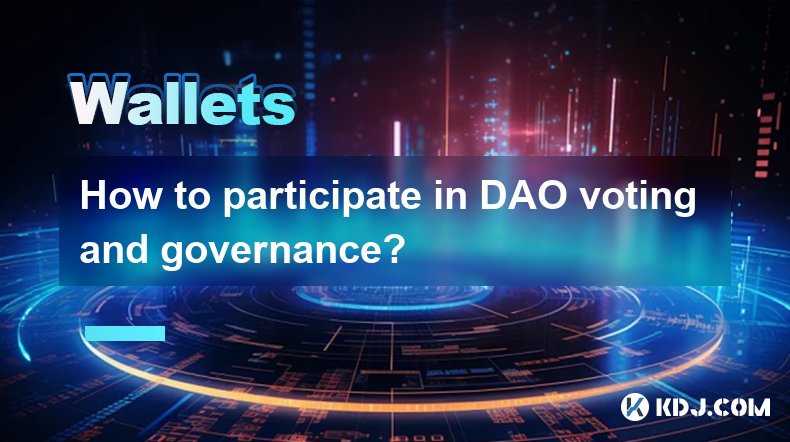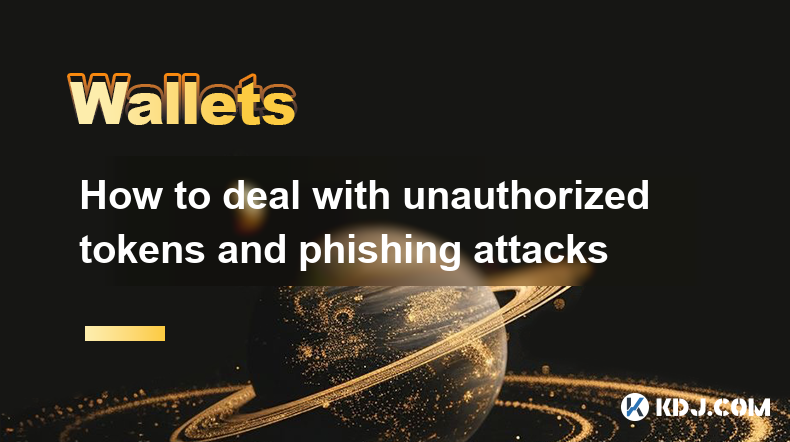-
 Bitcoin
Bitcoin $96,161.2493
-2.14% -
 Ethereum
Ethereum $2,686.5756
-2.45% -
 XRP
XRP $2.5719
-3.67% -
 Tether USDt
Tether USDt $0.9999
-0.04% -
 BNB
BNB $655.8976
-0.15% -
 Solana
Solana $171.9849
-2.65% -
 USDC
USDC $1.0001
0.00% -
 Dogecoin
Dogecoin $0.2435
-4.35% -
 Cardano
Cardano $0.7615
-4.97% -
 TRON
TRON $0.2379
-4.28% -
 Chainlink
Chainlink $17.4447
-5.17% -
 Avalanche
Avalanche $24.9624
-1.92% -
 Sui
Sui $3.3374
-3.85% -
 Stellar
Stellar $0.3266
-3.96% -
 Litecoin
Litecoin $127.2255
-5.17% -
 Toncoin
Toncoin $3.6609
1.73% -
 Shiba Inu
Shiba Inu $0.0...01526
-2.42% -
 UNUS SED LEO
UNUS SED LEO $9.7275
-0.32% -
 Hedera
Hedera $0.2145
-3.18% -
 Hyperliquid
Hyperliquid $24.2706
-2.62% -
 Polkadot
Polkadot $5.0883
0.29% -
 MANTRA
MANTRA $7.6370
0.37% -
 Bitcoin Cash
Bitcoin Cash $317.1514
-3.50% -
 Bitget Token
Bitget Token $5.0005
7.55% -
 Ethena USDe
Ethena USDe $0.9987
-0.10% -
 Dai
Dai $1.0000
-0.01% -
 Uniswap
Uniswap $8.8025
-5.45% -
 Monero
Monero $233.1225
-0.50% -
 NEAR Protocol
NEAR Protocol $3.4727
-2.15% -
 Pepe
Pepe $0.0...09302
-4.88%
Can Bitcoin and Ethereum addresses be used for common purposes?
Bitcoin and Ethereum addresses differ in network compatibility, length, generation method, and functionality within their respective blockchains.
Feb 21, 2025 at 09:43 am

Key Points:
- Different types of cryptocurrency addresses
- The functionality of Bitcoin and Ethereum addresses
- Compatibility and interoperability between Bitcoin and Ethereum addresses
- Precautions and best practices for using cryptocurrency addresses
Differences Between Bitcoin and Ethereum Addresses:
- Network Compatibility: Bitcoin (BTC) operates on the Bitcoin blockchain, while Ethereum (ETH) runs on the Ethereum blockchain. As separate networks, they use distinct address formats.
- Address Length: Bitcoin addresses typically consist of 26-35 alphanumeric characters, beginning with the number "1" or "3." Ethereum addresses, on the other hand, are 40-character hexadecimal strings starting with "0x."
- Address Generation: Bitcoin addresses are derived from public keys using the Elliptic Curve Digital Signature Algorithm (ECDSA) and compressed using Base58 encoding. Ethereum addresses are generated similarly, using the Ethereum Request for Comments (ERC) standard.
- Purpose: Bitcoin addresses are primarily used to send and receive BTC. Ethereum addresses, in addition to handling ETH transactions, can interact with various Ethereum-based smart contracts and decentralized applications (dApps).
Compatibility and Interoperability:
- Sending and Receiving: Bitcoin and Ethereum addresses are not interchangeable. Sending BTC to an Ethereum address or vice versa will result in the coins being lost.
- Third-Party Services: Some third-party services and exchanges enable cross-chain transactions between Bitcoin and Ethereum. However, these services may introduce fees and complexities.
- Cross-Chain Bridges: Cross-chain bridges facilitate the movement of assets between different blockchains. However, these bridges are prone to security risks and potential delays.
Precautions and Best Practices:
- Verify Addresses: Always double-check the recipient's address before sending cryptocurrency.
- Use Trusted Wallets: Store your cryptocurrency in a reputable and secure hardware or software wallet.
- Consider a Cold Storage Option: Storing cryptocurrency offline in a cold wallet provides an additional layer of security.
- Keep Your Private Key Secret: Your private key is the key to accessing and spending your cryptocurrency. Keep it secure and never share it with anyone.
FAQs:
- Can you send BTC from a Bitcoin address to an Ethereum address?
No, Bitcoin and Ethereum addresses are not compatible. Sending BTC to an Ethereum address will result in the coins being lost.
- How do I convert my BTC to ETH?
You can use a cryptocurrency exchange that supports both BTC and ETH to convert your funds.
- Is it safe to store BTC and ETH in the same wallet?
Yes, but it is recommended to use a wallet that supports both Bitcoin and Ethereum and allows you to manage your assets separately.
- What are the risks of using cross-chain bridges?
Cross-chain bridges can be vulnerable to security attacks, bugs, and delays. It is essential to research the bridge's reliability before using it.
- Best practices for keeping my cryptocurrency secure?
Use reputable wallets, verify addresses before sending funds, consider cold storage options, and never share your private key.
Disclaimer:info@kdj.com
The information provided is not trading advice. kdj.com does not assume any responsibility for any investments made based on the information provided in this article. Cryptocurrencies are highly volatile and it is highly recommended that you invest with caution after thorough research!
If you believe that the content used on this website infringes your copyright, please contact us immediately (info@kdj.com) and we will delete it promptly.
- 5 Best Cryptos to Buy Today: BTFD Coin, Dogecoin, Goatseus Maximus, Baby Doge Coin, Pudgy Penguins
- 2025-02-22 16:30:25
- New IP-Focused Altcoin Surges 164% in First Week Amid Launch of Research Collaboration With Stanford University
- 2025-02-22 16:30:25
- Top Crypto Projects to Invest in February 2025: Qubetics, Render, Solana, and XRP
- 2025-02-22 16:30:25
- Discover the Future of Digital Currency: Insights into SEI, EOS, and the Revolutionary Qubetics
- 2025-02-22 16:30:25
- Bybit Hit By Colossal $1.46 Billion Hack, Biggest Crypto Theft In History
- 2025-02-22 16:30:25
- BTFD Coin: The Ultimate Play for Smart Investors
- 2025-02-22 16:30:25
Related knowledge

What are cold storage and hot storage? Which one is safer?
Feb 22,2025 at 03:18pm
Key Points:Cold storage and hot storage are two methods of storing cryptocurrencies.Cold storage involves storing cryptocurrencies offline, while hot storage involves storing them online.Cold storage is generally considered safer than hot storage, as it is not connected to the internet and is therefore less susceptible to hacking.Cold StorageCold storag...

How to synchronize wallets in multiple devices and browsers
Feb 22,2025 at 09:18am
Key Points:Understand the different types of cryptocurrency wallets and their synchronization capabilities.Learn how to synchronize hardware wallets with multiple devices.Discover the steps involved in synchronizing software wallets across platforms.Explore the options for synchronizing mobile wallets on different devices.Gain insight into browser exten...

How to transfer and synchronize data between wallets
Feb 21,2025 at 12:25pm
Key Points:Understanding different wallet types and their capabilitiesIdentifying similarities and differences between walletsExploring options for transferring and synchronizing dataEnsuring data security and integrity during transferAddressing common challenges and troubleshooting tipsHow to Transfer and Synchronize Data Between Cryptocurrency Wallets...

Why do you need to understand Ethereum network congestion and gas fees?
Feb 21,2025 at 04:48am
Key PointsUnderstanding Ethereum Network Congestion and Gas FeesGas Fees ExplainedFactors Affecting Network CongestionStrategies for Minimizing Gas FeesImpact of Ethereum UpgradesUnderstanding Ethereum Network Congestion and Gas FeesThe Ethereum network is a decentralized platform that hosts a vast ecosystem of decentralized applications (dApps), non-fu...

How to participate in DAO voting and governance?
Feb 21,2025 at 03:42pm
Key Points:Overview of DAO Voting and GovernanceUnderstanding DAO Structures and MembershipRole of DAO Tokens and Voting RightsParticipating in Voting and Proposal SubmissionLeveraging Governance Tools and PlatformsImpact of Voting Participation on DAO OutcomesBest Practices for Effective DAO GovernanceHow to Participate in DAO Voting and Governance1. U...

How to deal with unauthorized tokens and phishing attacks
Feb 21,2025 at 05:25am
Dealing with Unauthorized Tokens and Phishing Attacks in the Cryptocurrency CircleThe cryptocurrency market is rife with potential dangers, including unauthorized tokens and phishing attacks. To protect yourself from these threats, it's crucial to take proactive measures and be vigilant in your online activities.Key Points:Unauthorized Tokens: Tokens cr...

What are cold storage and hot storage? Which one is safer?
Feb 22,2025 at 03:18pm
Key Points:Cold storage and hot storage are two methods of storing cryptocurrencies.Cold storage involves storing cryptocurrencies offline, while hot storage involves storing them online.Cold storage is generally considered safer than hot storage, as it is not connected to the internet and is therefore less susceptible to hacking.Cold StorageCold storag...

How to synchronize wallets in multiple devices and browsers
Feb 22,2025 at 09:18am
Key Points:Understand the different types of cryptocurrency wallets and their synchronization capabilities.Learn how to synchronize hardware wallets with multiple devices.Discover the steps involved in synchronizing software wallets across platforms.Explore the options for synchronizing mobile wallets on different devices.Gain insight into browser exten...

How to transfer and synchronize data between wallets
Feb 21,2025 at 12:25pm
Key Points:Understanding different wallet types and their capabilitiesIdentifying similarities and differences between walletsExploring options for transferring and synchronizing dataEnsuring data security and integrity during transferAddressing common challenges and troubleshooting tipsHow to Transfer and Synchronize Data Between Cryptocurrency Wallets...

Why do you need to understand Ethereum network congestion and gas fees?
Feb 21,2025 at 04:48am
Key PointsUnderstanding Ethereum Network Congestion and Gas FeesGas Fees ExplainedFactors Affecting Network CongestionStrategies for Minimizing Gas FeesImpact of Ethereum UpgradesUnderstanding Ethereum Network Congestion and Gas FeesThe Ethereum network is a decentralized platform that hosts a vast ecosystem of decentralized applications (dApps), non-fu...

How to participate in DAO voting and governance?
Feb 21,2025 at 03:42pm
Key Points:Overview of DAO Voting and GovernanceUnderstanding DAO Structures and MembershipRole of DAO Tokens and Voting RightsParticipating in Voting and Proposal SubmissionLeveraging Governance Tools and PlatformsImpact of Voting Participation on DAO OutcomesBest Practices for Effective DAO GovernanceHow to Participate in DAO Voting and Governance1. U...

How to deal with unauthorized tokens and phishing attacks
Feb 21,2025 at 05:25am
Dealing with Unauthorized Tokens and Phishing Attacks in the Cryptocurrency CircleThe cryptocurrency market is rife with potential dangers, including unauthorized tokens and phishing attacks. To protect yourself from these threats, it's crucial to take proactive measures and be vigilant in your online activities.Key Points:Unauthorized Tokens: Tokens cr...
See all articles














![BONK The Meme Coin MORE THAN ORDINARY [DOG] on Solana BONK The Meme Coin MORE THAN ORDINARY [DOG] on Solana](/uploads/2025/02/22/cryptocurrencies-news/videos/bonk-meme-coin-ordinary-dog-solana/image-1.jpg)


































































